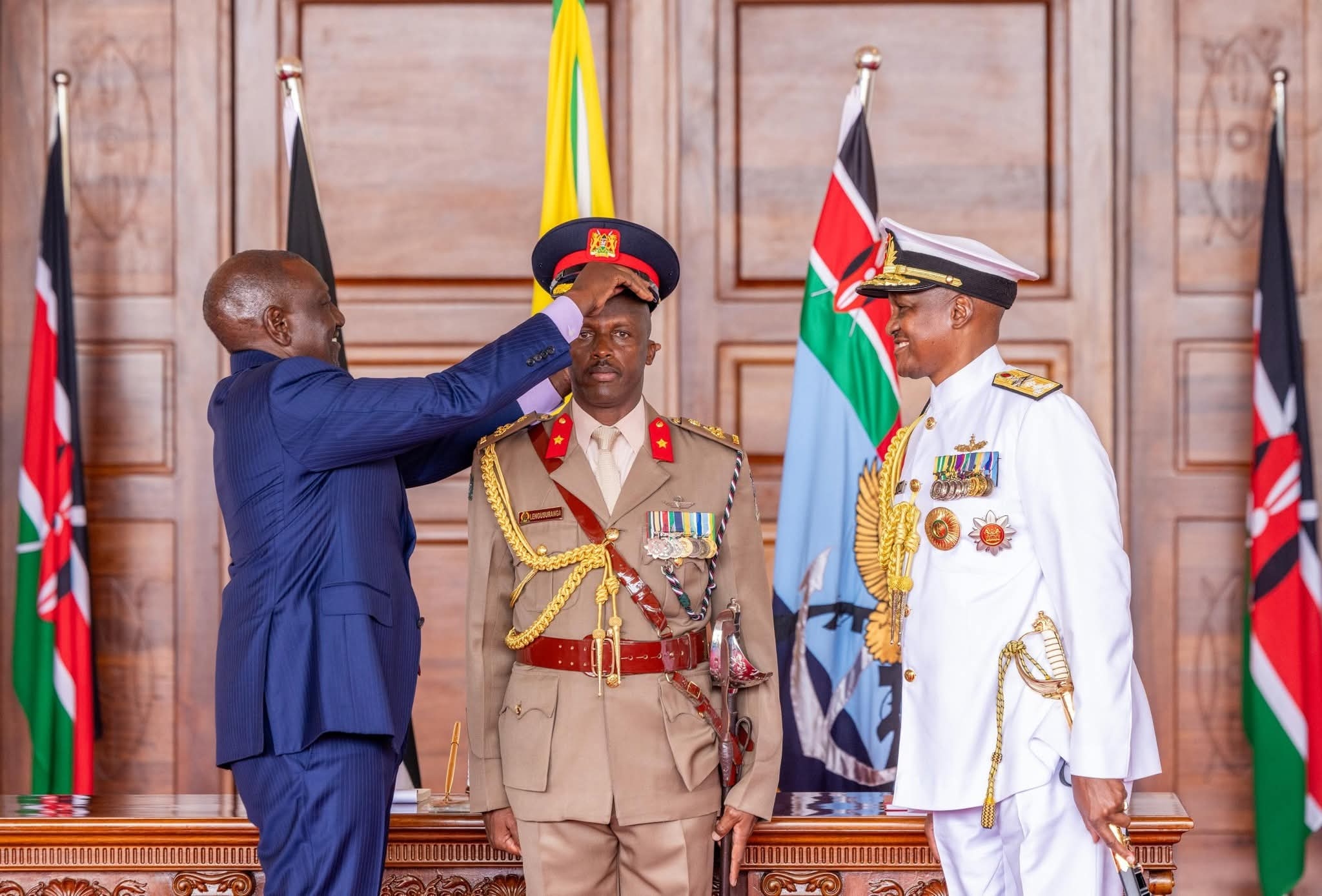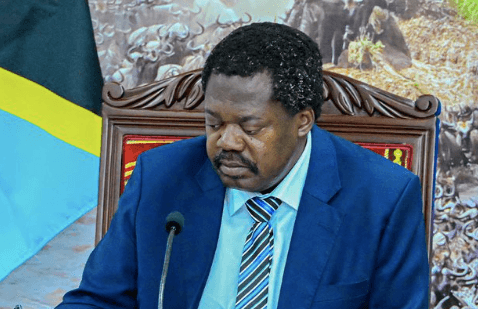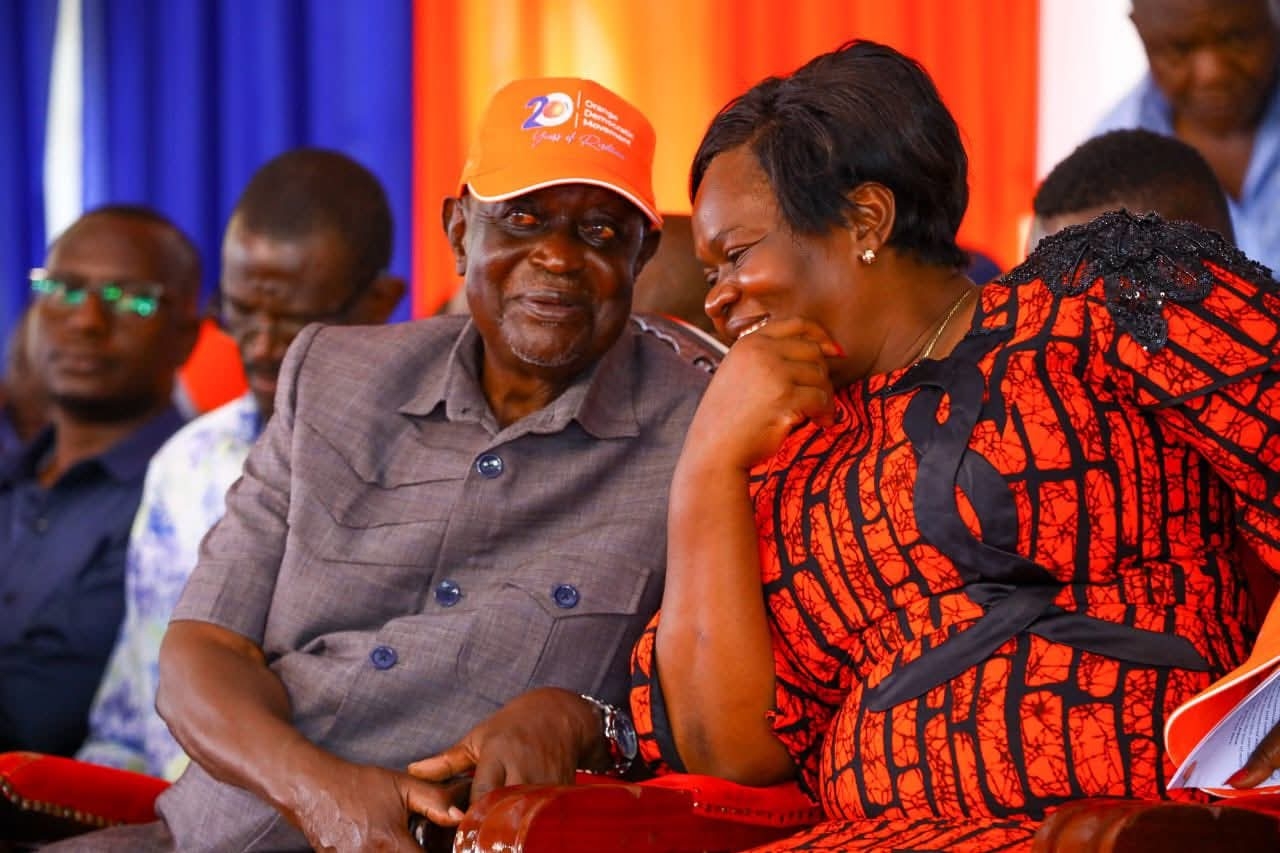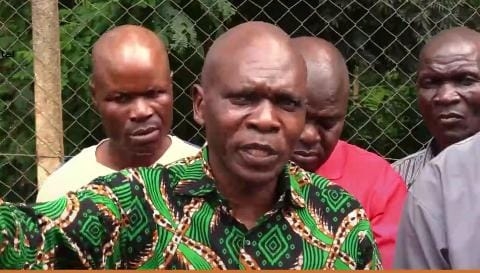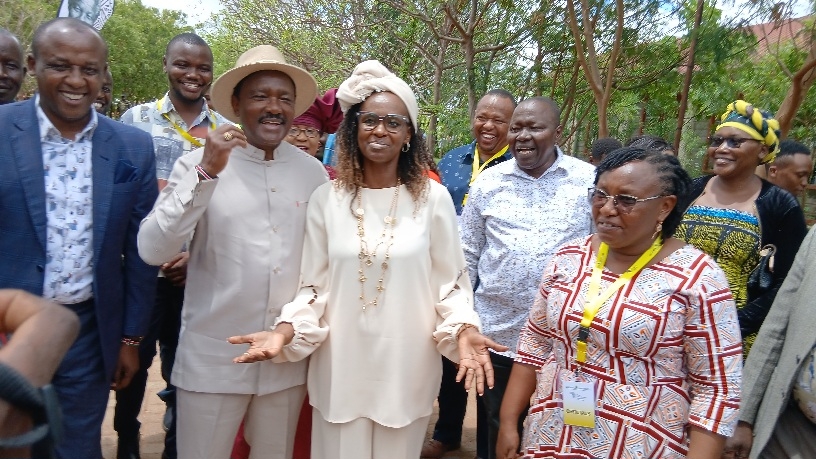

President William Ruto has said he does not regret comments he made in July instructing police officers to shoot protesters in the legs.
Speaking during an interview with Al Jazeera, the President defended the remarks and insisted that police are allowed to use force in certain circumstances.
“I do not regret those comments at all because the law allows police to use force when other people’s lives are in danger,” Ruto said during the interview.
He was responding to a question on why he appeared to involve himself directly in police operations rather than leaving officers to act within established procedures.
The interviewer pressed him further, noting that live ammunition is generally discouraged during protests and asking whether he regretted giving such instructions.
“You did not leave it to the police force and got directly involved. You told police to shoot protesters in the legs. Surely live fire is not something that should be used in protests. Do you regret those comments?” the interviewer asked.
Ruto maintained that police officers know how to act in dangerous situations.
“I think the police know what they need to do. The police understand that it is within their purview and that is why when I came into office I ensured police are independent,” he said.
When challenged on how police can be independent if he issued instructions to them, Ruto insisted that there is no law permitting him to order the police.
“There is no where in the law that allows me to order the police,” he said.
In July last year, Ruto told police officers to shoot and incapacitate protesters found attacking or burning businesses.
“Anyone caught burning another person's business or property should be shot in the leg, hospitalised, and later taken to court. Do not kill them, but ensure their legs are broken,” the President said at the time.
He vowed to deal firmly with those behind the demonstrations, saying Kenya cannot be ruled through chaos or intimidation.
The protests, which began last year as a youth-led movement against a proposed tax increase, quickly grew into broader calls for reform and the President’s resignation. The government later withdrew the controversial finance Bill in 2024 and Ruto dismissed nearly all members of his Cabinet in an effort to calm the unrest.
Opposition leaders, including former deputy president Rigathi Gachagua, have accused the government of deploying excessive force and sponsoring violence against its own citizens.
Ruto’s allies have countered by accusing Gachagua of funding the protests, an allegation he has denied.
The debate over the President’s past remarks and the
government’s handling of the demonstrations continues to stir political
tension, with human rights groups calling for clearer accountability on the use
of force.



